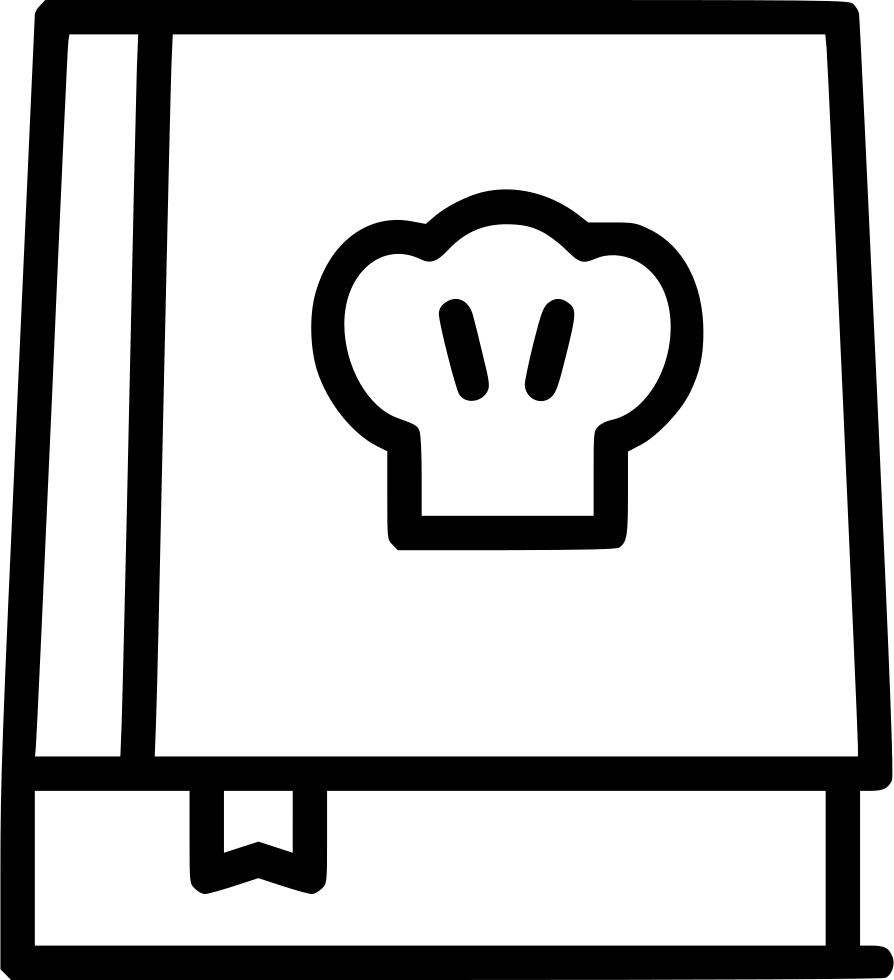October Wellness Round-Up
October's Healthy Live Well Recipe!
Corn, Zucchini and
Tomato Pie
- 1 cup zucchini (sliced into ⅛-inch
thick pieces) - 1 cup tomatoes (sliced into ⅛-inch
thick pieces) - ¾ cup corn (frozen, thawed)
- 1 tsp. lemon juice
- 1 tsp. dill weed (chopped)
- ⅛ tsp. salt
- ¼ tsp. ground black pepper
- 3 Tbsp. Parmesan cheese (grated)
- ¼ cup whole-wheat breadcrumbs
- Nonstick cooking spray
Preparations
1. Heat oven to 350 F.
2. Lightly coat an 8-by-8-inch baking dish with nonstick cooking spray.
3. Place zucchini slices in the bottom of the baking dish. Then, cover the zucchini slices with the tomato slices and top them with corn.
4. Sprinkle lemon juice evenly over the vegetables.
5. In a small bowl, combine the dill, salt, black pepper, Parmesan cheese and breadcrumbs.
6. Sprinkle this mixture evenly over the vegetables and lightly spray the top with nonstick cooking spray.
7. Cover with foil and bake for 25 minutes or until zucchini is tender.
8. Cut into six even pieces and serve.
Makes: 6 servings

October Is National Breast Cancer Awareness Month
Breast cancer is the second-leading cause of cancer deaths for women in the United States. To help spread awareness of this disease, October is recognized as Breast Cancer Awareness Month.
Prevalence of Breast Cancer
About 1 in 8 U.S. women will develop invasive breast cancer over the course of her lifetime. While there are some breast cancer risk factors that you can’t control, these prevention strategies can help you reduce your risk:
– Maintain a healthy weight.
– Exercise regularly.
– Abstain from drinking alcohol or limit intake to one drink per day.
If you’re concerned about your personal risk of developing breast cancer, call or visit your doctor.
Breast Cancer Awareness Month and You
There are a variety of ways that you can support Breast Cancer Awareness Month.
Here are just a few ideas:
- Participate in a fundraiser event, like a walk or run, to help raise money for breast cancer research.
- Donate to a charity that provides support and services to women and families that are affected by breast cancer.
- Learn about the signs, symptoms, risk factors and screenings for breast cancer.
- Spread awareness about this disease to help educate friends and family.
For more information on breast cancer, visit the National Cancer Institute’s website.
Don’t Let These Devices Steal Your Sleep
If you have trouble falling asleep, your phone may be to blame. Researchers at Harvard found that using your phone, or any electronic device, before going to bed can derail your sleep schedule and prevent a good night’s
sleep. More specifically, using your electronic device before bed can disrupt your body’s REM sleep cycle and production of melatonin, a sleep promoting hormone.
To reduce the sleep-stealing effects of electronic devices:
- Check your device’s settings for a “nighttime” mode, which adjusts the screen lighting to promote sleep.
- Refrain from using your phone for at least an hour before bed.
- Set your device’s sound settings to “silent” so that you won’t be woken up by texts or emails while you’re trying to sleep.
- Try reading a book or meditating to relax before bed instead of using your phone or watching TV.
The Dangers of Vaping
The use of electronic cigarettes, or e-cigarettes, has grown exponentially in recent years—especially among young adults in the United States. Despite their popularity, these e-cigarettes are dangerous.
In fact, over 380 people have been hospitalized with severe breathing difficulties that are attributed to vaping, according to the Centers for Disease Control and Prevention. The vast majority of people who have been
hospitalized are young adults. In these cases, doctors aren’t entirely sure what’s causing these hospitalizations.
While the investigations are still ongoing, public health officials are warning any e-cigarette users to seek immediate medical attention if they have any chest pain or difficulty breathing after vaping.
This article is intended for informational purposes only and is not intended to be exhaustive, nor should any discussion or opinions be construed as professional advice. Readers should contact a health professional for appropriate advice. © 2019 Zywave, Inc. All rights reserved.
